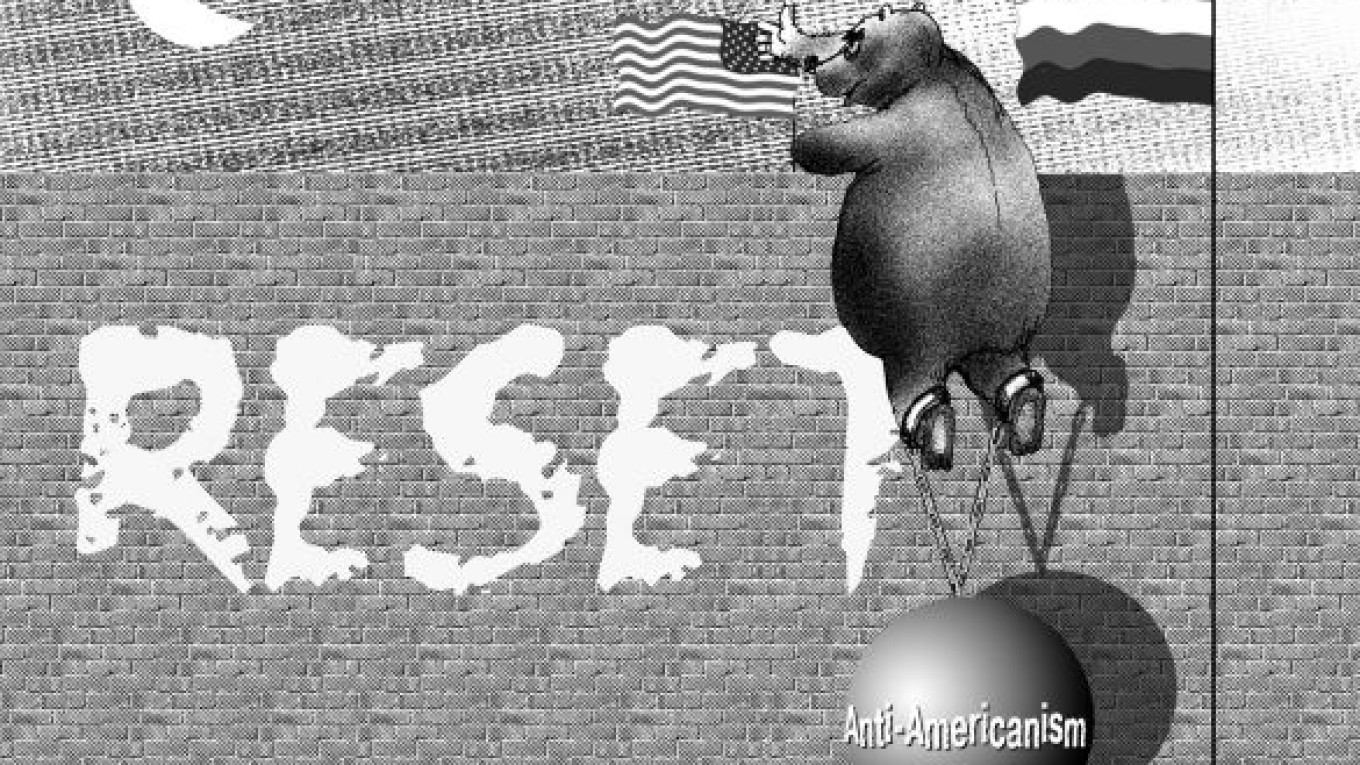The one-year anniversary of U.S. President Barack Obama in office has been noted all over the world. Of particular importance is the fact that almost one-third of Obama’s supporters have abandoned him as they change their view of him as president of hope to the president of disappointment. And it’s true: Obama’s position is extremely difficult now. He is spending his political capital rapidly, pressure from the Republican Party is mounting as it re-establishes its position, and the array of problems facing him is growing.
Republican Scott Brown’s successful bid to replace the late Senator Edward Kennedy of Massachusetts now means that Democrats no longer have 60 seats in the Senate — the threshold that allows a party to pass legislation on a “fast track” by depriving the opposing party of its ability to filibuster. This means that it will be far more difficult for Obama to win congressional support for his policies.
At the same time, however, the Brown victory restores the balance of powers in Congress. This balance is healthy for the U.S. political system because it forces both parties to compromise. Obama’s greatest challenge now is to find his new place in the U.S. political spectrum because protest against former President George W. Bush — something that helped Obama win the presidential vote in 2008 against Senator John McCain — is no longer synonymous with a mandate for his “radical” liberal agenda.
National security continues to be the No. 1 foreign policy concern for most Americans. Obama promised to maintain the same level of security that Bush achieved, but Obama wants to use entirely different methods. The terrorist close-call on Christmas Day revealed glaring oversights in the country’s security and intelligence operations. Obama’s political capital in the global arena will depend on the extent to which he is able to depart from the methods of his predecessor while at the same time ensure a high level of U.S. security.
Obama has improved U.S.-Russian relations on many fronts — above all, canceling plans to deploy a U.S. missile shield in Central Europe, putting a hold on plans to bring Georgia and Ukraine into NATO and sharply reducing its criticism of Russia’s human rights record.
But building an agenda for bilateral relations requires initiatives and compromises from both sides. Russia itself should take advantage of the U.S. president’s sincere desire to “reset” relations. Moscow definitely needs to have stable and friendly relations with Washington based on equality and mutual respect. Russia needs this relationship far more than the United States does.
Most important, Obama’s overtures toward Russia create new opportunities for the Kremlin to strengthen and institutionalize its relations with the United States. This would be clearly more productive and efficient than the ad hoc, improvisational style that defined bilateral relations in the past.
In addition, Moscow could take steps to bring Russian and U.S. civil societies closer together and to strengthen civil institutions. The U.S.-Russian governmental commission on civil society headed by Michael McFaul, director of Russian and Eurasian Affairs on the U.S. National Security Council, and Vladislav Surkov, deputy head of the presidential administration, is an excellent platform for making civil society an important component of U.S.-Russian relations. On Jan. 27, the commission met in Washington and discussed ways to jointly battle corruption and how to better monitor the process of adopting Russian children.
For these types of cooperation measures to work, however, Russian authorities would have to make a firm commitment to curtail its anti-U.S. propaganda that has a direct impact on the country’s public opinion, political culture, the media and the political elite. Moscow needs to maintain a position that protects its national and strategic interests, but they need to be based on cooperation — and not confrontation — with Washington, while understanding that the United States will insist on defending its own national interests, just as it always has.
The balance that the two countries would strike as they uphold their respective interests is likely to make them partners and not adversaries. That, in turn, would increase Russia’s influence in the world, and in particular, in the former Soviet republics.
Nikolai Zlobin is director of the Russia and Eurasia Project at the World Security Institute in Washington. This comment appeared in Vedomosti.
A Message from The Moscow Times:
Dear readers,
We are facing unprecedented challenges. Russia's Prosecutor General's Office has designated The Moscow Times as an "undesirable" organization, criminalizing our work and putting our staff at risk of prosecution. This follows our earlier unjust labeling as a "foreign agent."
These actions are direct attempts to silence independent journalism in Russia. The authorities claim our work "discredits the decisions of the Russian leadership." We see things differently: we strive to provide accurate, unbiased reporting on Russia.
We, the journalists of The Moscow Times, refuse to be silenced. But to continue our work, we need your help.
Your support, no matter how small, makes a world of difference. If you can, please support us monthly starting from just $2. It's quick to set up, and every contribution makes a significant impact.
By supporting The Moscow Times, you're defending open, independent journalism in the face of repression. Thank you for standing with us.
Remind me later.


